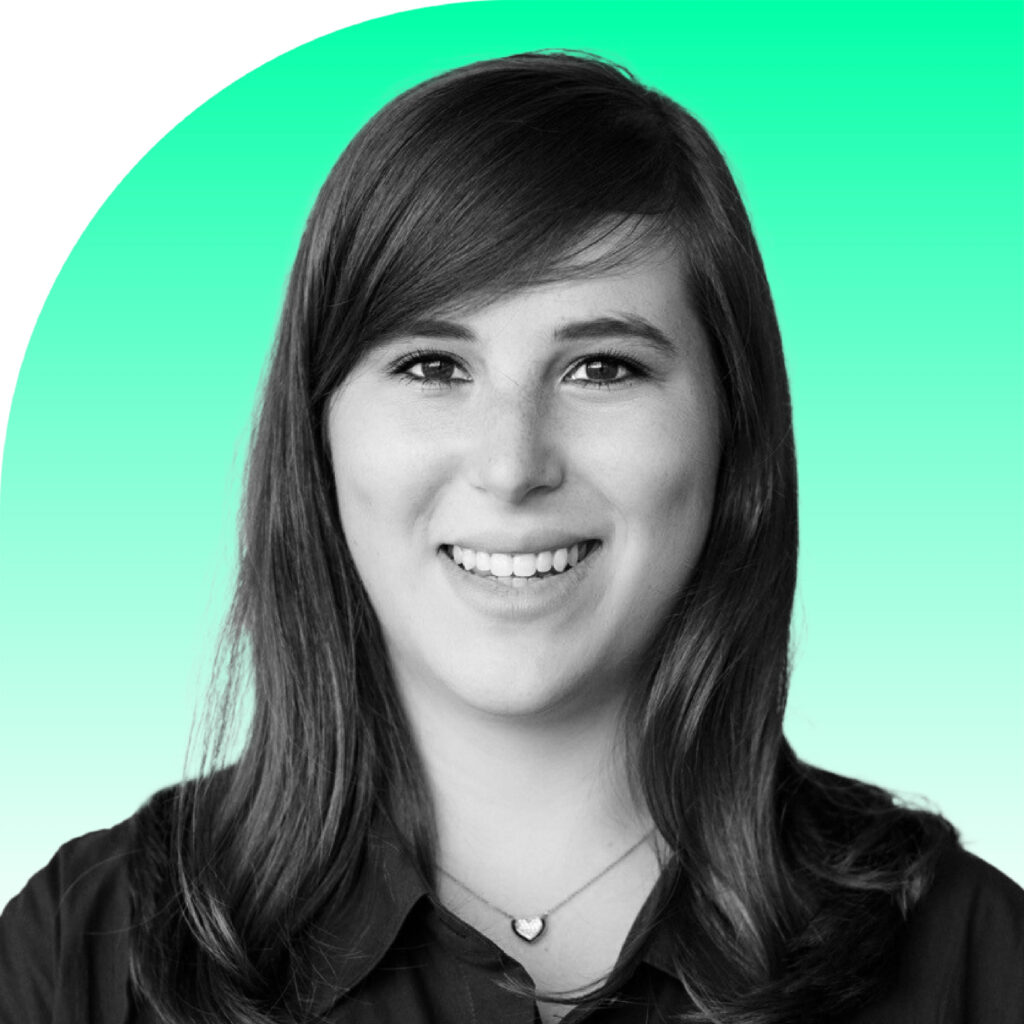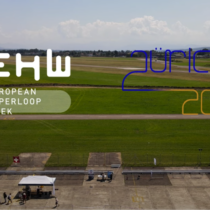A Secret Nap Room at ETH
December 3, 2024Too busy to listen to the We Are ETH podcast? We have summarized the three personal questions that our host Susan Kish asks each guest at the end of the episode.

What was Alexis’ favourite place in Zurich?
Without a doubt. It was the CAB relax, or as I like to call it, the nap room at ETH.
It was the best place at ETH to take a break. It was calm. It was peaceful, it was quiet, there were little nap beds for you, and there was somebody working there whose job was to wake you up and tell you when it was time to go back to work, and it left me feeling recharged and more productive for the rest of the day. I honestly think that every university should have a nap room!
What did Alexis want to be when she grew up?
I wanted to be an actress, particularly on Broadway, not in the movies. I did a lot of theatre growing up, and I think it was maybe around high school when my dad sat me down and had a really serious talk. And he said, you should really go into science and just be an avid patron of the arts.
And I’ve absolutely taken that advice to heart. I did go into science. I am a season ticket holder at Playhouse Square, which is the second largest theatre district in the United States, only after Broadway.
What is Alexis reading?
So I just recently finished two very interesting books. One was ‘The Nightingale’ by Kristen Hanna, that was a great book! I really loved it. It was a historical fiction set during World War II that followed two sisters in Nazi occupied France. That was phenomenal. I couldn’t put it down. I think I read it in two days.
And the other one was ‘The Dutch House’ by Anne Patchett. It was about a family, and it revolves around the house the children grew up in, and it takes place over several decades, so it was very interesting too.
What is fascinating Alexis right now?
I’ve always done research with healthy adults. And of course, any time that you move away from healthy adults, there are additional safety considerations and other aspects that you need to be very careful about when you’re working with more vulnerable populations.
I’ve always been very interested in how research can help people with autism spectrum disorder or post traumatic stress disorder or anxiety or depression or even grief. So I’m moving a little bit more into these areas. But of course, doing so very carefully and very respectfully.
Listen to the full episode with Alexis Block, Assistant Professor at Case Western Reserve University and hear about how robots can be affectionate as well as semi-spontaneous, and why we should embrace the rise of new technologies: https://circle.ethz.ch/podcast/




